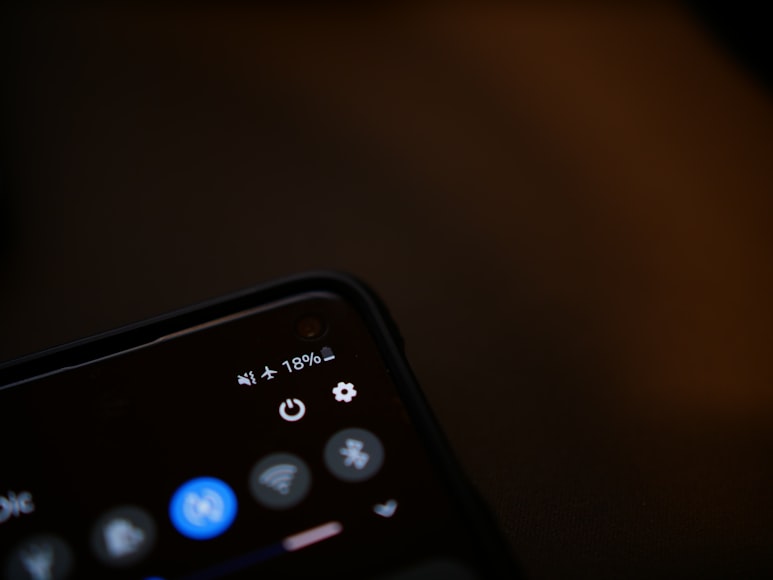A note: this article is opinion, and doesn't necessarily reflect the beliefs of 1SecondPainting.
Why do humans create art? It is a question that has perplexed philosophers for centuries, and one we have yet to find an answer to. What makes something art? Is it the artist? The medium? The intent?
I think we can all agree that an authentic work of art is something that strikes a chord within us and speaks to our very nature. It can fill us with joy or sadness, or inspire us to change the way we live our lives.
I'm reminded of the first time I truly appreciated 'art'—it was an exhibit at my local gallery about nuclear war that my sister had dragged me to. Prior to this, I had never considered myself an artistic person in the slightest, and cared little for art in its various forms.
In this particular exhibit, however, I had the opportunity of watching grainy, black and white footage of one of the first nuclear tests. Solemn music began playing as Oppenheimer spoke his famous quote, 'Now I am become death. Destroyer of worlds', and something in me changed forever. I have never sobbed that hard in my life.
Today, artificial intelligence has allowed humans to create art that goes beyond the scope of what was possible before. AI can now create art that is indistinguishable from a human-made work, but at what cost? Does this not make everything we deem worthy of being called art in the first place artificial?
“Artificial intelligence provides artists with a new medium with which to express themselves and expand their creativity, but it will also bring about a new era in which artificial creations are more valued than those made by humans” – Circe Mello, Brazilian artist.
Our connection with art goes back as far as prehistoric times when early man first began drawing images on cave walls. Now, we have created computers capable of creating works of art that are so realistic they can fool even the most astute critic.
Human beings have always created things for two reasons: 1) because they could; 2) because they wanted to. In order for AI to be considered true art, it needs both of those reasons in equal measure. However, currently, AI art generators are being used as tools—there is no inherent motivation or desire on the part of the algorithm to produce this work.
Art is much more than just pictures and sculptures hanging on a wall or painting landscapes on canvas; it is an expression of thought and emotion that brings us closer together as people by providing an insight into another person's mind. However, is AI capable of expressing emotion and thought through its creations? That question
.png)

